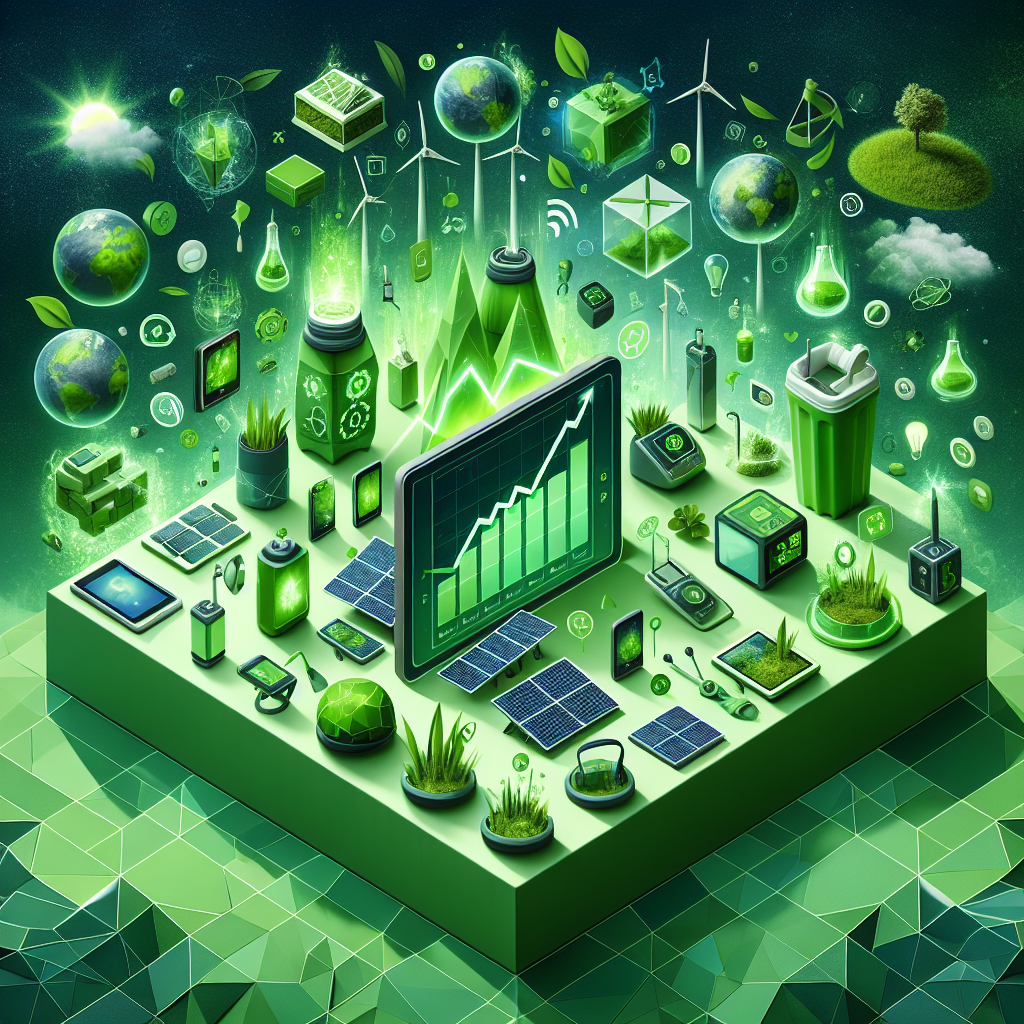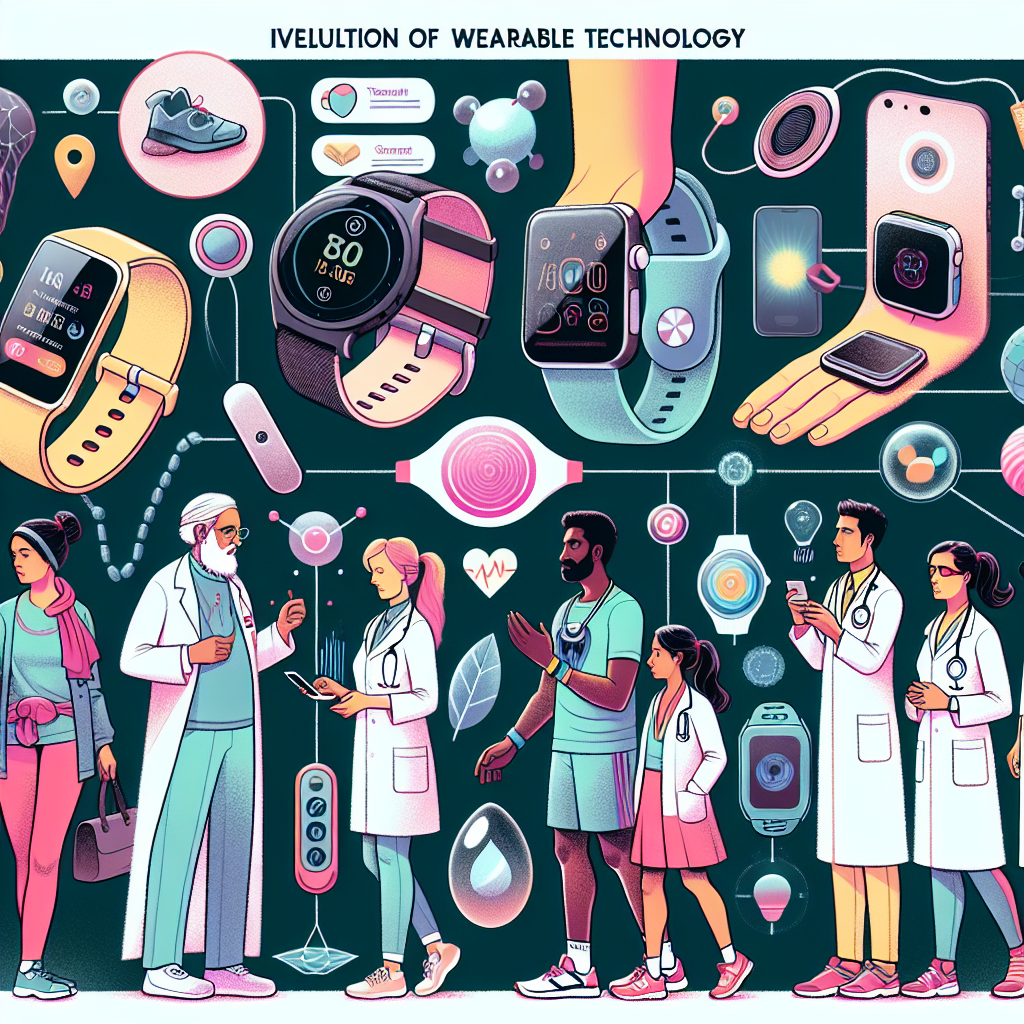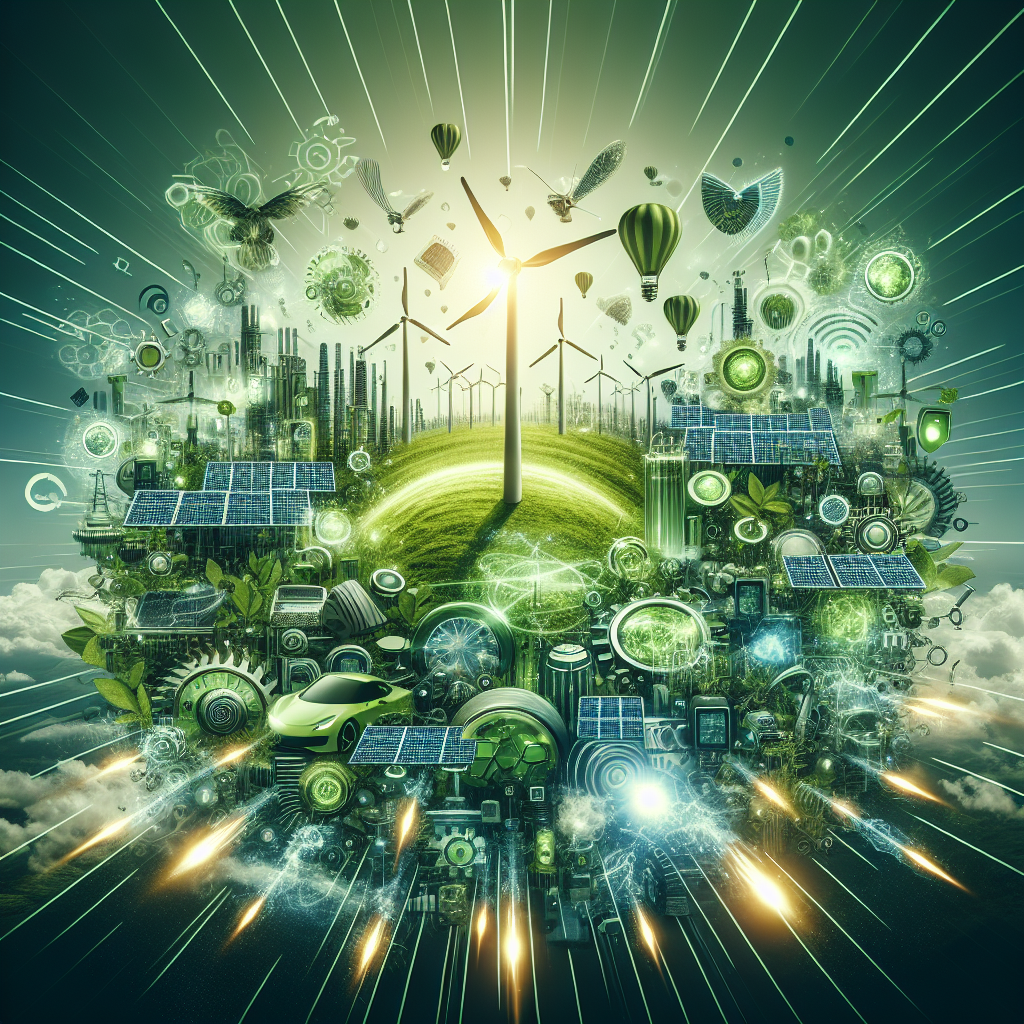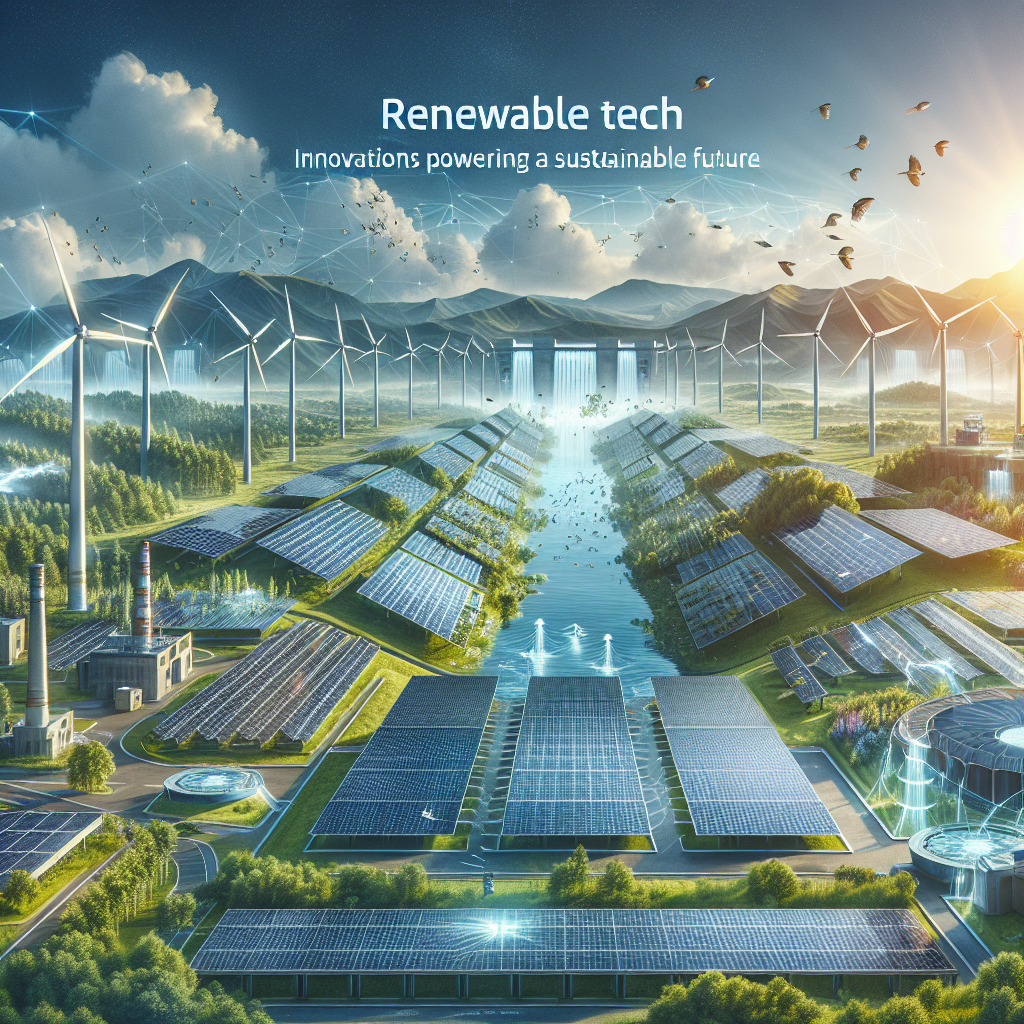Green Tech: Innovations Leading the Eco-Friendly Charge
In an age where environmental sustainability has become a paramount concern, technological innovation is rising to meet the challenge. Green technology, or "green tech," encompasses a spectrum of advancements designed to minimize environmental impact. From renewable energy solutions to smart waste management, green tech is revolutionizing the way we interact with the planet. Here’s a look at some of the pivotal innovations propelling the eco-friendly movement forward.
Renewable Energy: Powering a Sustainable Future
Renewable energy sources stand at the forefront of green tech. Solar, wind, hydro, and geothermal energies are transforming how we generate electricity.
Solar Power:
Solar panels have become ubiquitous, symbolizing the green movement’s thrust into mainstream consciousness. Advancements in photovoltaic (PV) technology have significantly boosted efficiency, lowering costs and making solar energy accessible to a broader market. Innovations like bifacial panels, which capture sunlight from both sides, and organic PV cells, which use organic materials for energy conversion, are pushing the boundaries even further.
Wind Energy:
Similarly, wind turbines are evolving. Offshore wind farms tap into higher and more consistent wind speeds, offering a robust solution to energy demands. Innovations like bladeless wind turbines, which use oscillation to generate power, reduce noise and bird fatalities, making them a more eco-friendly alternative.
Electric Vehicles: Driving the Green Revolution
Transportation is another critical area where green tech is making substantial inroads. Electric vehicles (EVs) have surged in popularity, driven by advancements in battery technology and a growing network of charging infrastructure.
Battery Technology:
Lithium-ion batteries have seen dramatic improvements in energy density and charge cycles. Solid-state batteries, which promise higher capacity and faster charging times, are on the horizon, potentially revolutionizing the EV market even further. Companies like Tesla and emerging players are at the cutting edge of this technology, pushing the envelope of what’s possible.
Charging Infrastructure:
The expansion of EV charging infrastructure is equally crucial. Smart charging stations, integrated with renewable energy sources and energy-efficient algorithms, are making it more convenient and sustainable to own and operate an electric vehicle.
Smart Cities: Integrating Green Tech at Scale
Urban areas present a unique challenge and opportunity for green tech. The concept of smart cities revolves around integrating green technology into urban planning and infrastructure.
Smart Grids:
Smart grids use sensors and IoT (Internet of Things) devices to optimize electricity distribution, reducing waste and improving efficiency. By integrating renewable energy sources, smart grids can dynamically adjust to supply and demand, ensuring a stable and sustainable power supply.
Green Buildings:
Eco-friendly building materials and energy-efficient designs are paving the way for greener urban environments. Innovations such as green roofs, which provide insulation and reduce urban heat islands, and advanced HVAC systems, which optimize energy use, are becoming standard in new constructions. LEED (Leadership in Energy and Environmental Design) certifications are setting benchmarks for sustainable building practices.
Sustainable Agriculture: Feeding the Future Responsibly
Agriculture is another sector where green tech is making an impact. Sustainable farming practices and technologies aim to reduce the ecological footprint of food production.
Precision Farming:
By leveraging big data, IoT, and AI, precision farming optimizes resource use, from water to fertilizers. Drones and satellite imagery provide real-time insights into crop health and soil conditions, enabling farmers to make informed decisions that enhance yield and sustainability.
Vertical Farming:
Vertical farming, which involves growing crops in stacked layers, often in controlled indoor environments, maximizes space and resource efficiency. LED lighting tailored to plant needs, hydroponics, and aeroponics are key components of this innovation, allowing year-round production with minimal environmental impact.
Waste Management: Closing the Loop
Efficient waste management is critical for maintaining a sustainable ecosystem. Green tech innovations are making it possible to manage waste more effectively.
Recycling Technologies:
Advanced recycling technologies can sort and process waste with greater accuracy, turning more materials into reusable resources. Chemical recycling, which breaks down plastics into their basic components, offers a solution to the plastic waste problem that traditional methods struggle to manage.
Circular Economy:
The concept of a circular economy, where products are designed for reuse, repair, and recycling, is gaining traction. Companies are beginning to see the value in this model, driven by both regulatory mandates and consumer preference for sustainable products.
Conclusion
Green technology represents a beacon of hope in the struggle against climate change and environmental degradation. As these innovations continue to evolve and integrate into our daily lives, the promise of a sustainable future becomes more attainable. By embracing green tech, we are not only preserving the environment but also paving the way for a healthier, more prosperous world for generations to come.














Leave feedback about this
You must be logged in to post a comment.